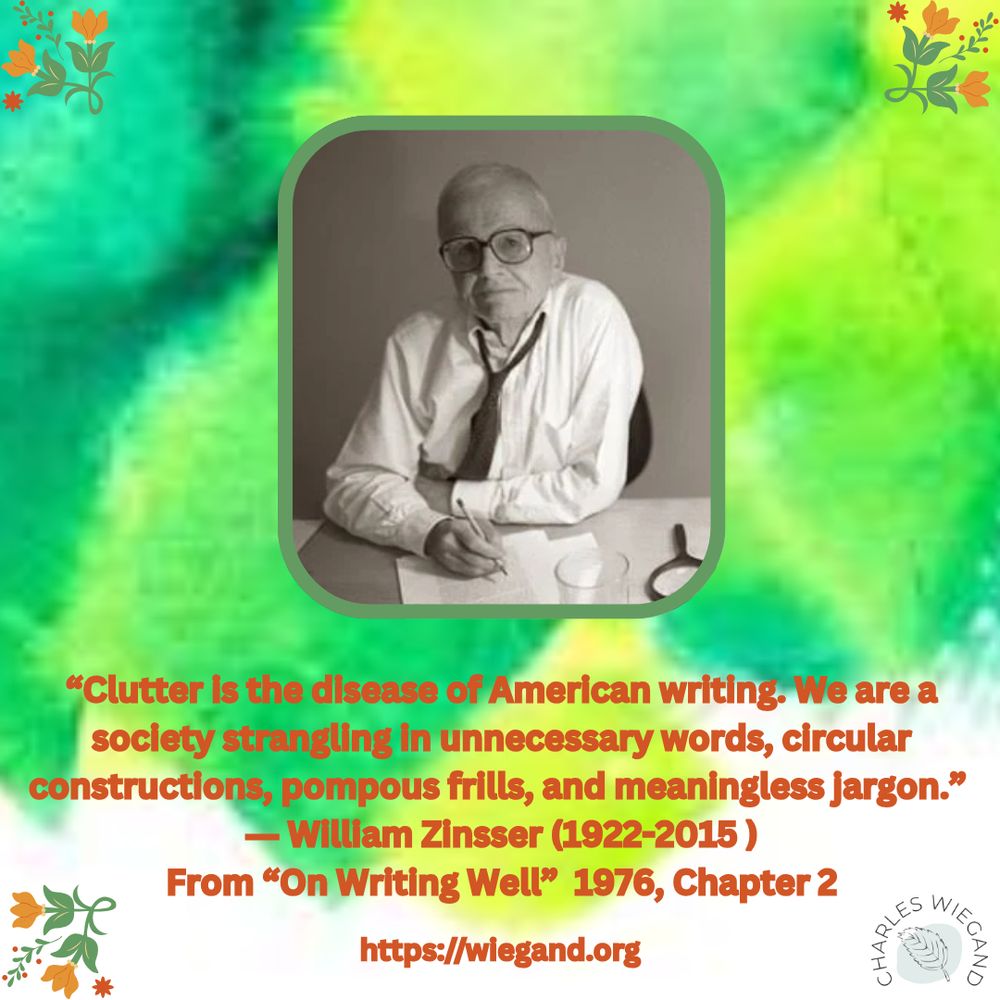
Author Charles Wiegand
@charleswiegand.bsky.social
1K followers
380 following
970 posts
Charles wrote "Heartbeats Across Borders" and many short stories, some have been published in many different journals/anthologies as well has his own two collections - "Daydreaming" and "Uncharted Realities". All three of his books are available on Amazon
Posts
Media
Videos
Starter Packs
Pinned






